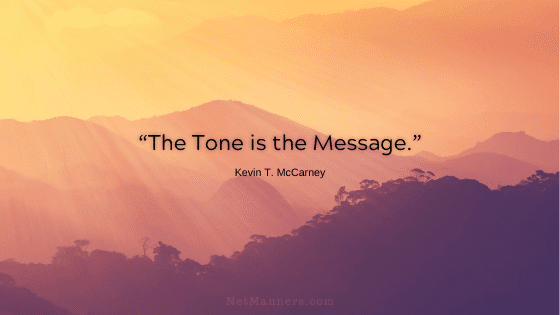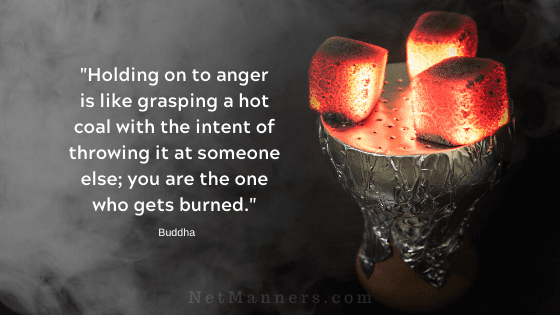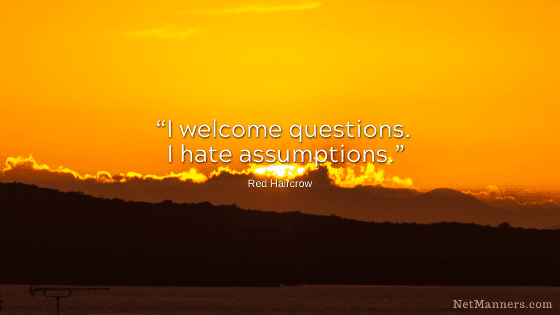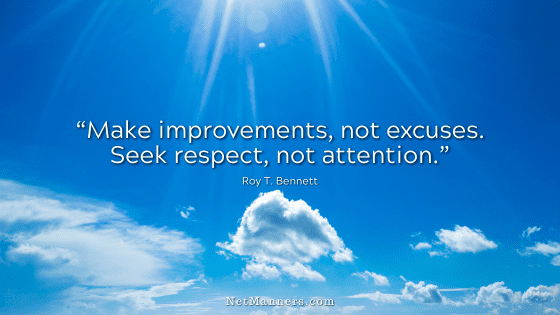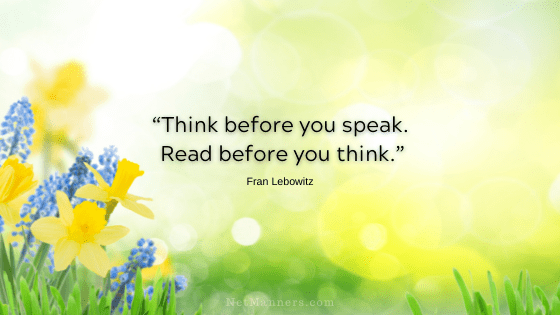The Importance of Email Etiquette in Personal Communications in 2025
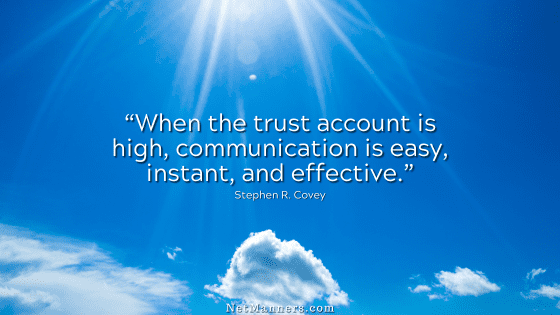
In 2025, texting, social media, and messaging apps will dominate our personal communication landscape. Yet, email still plays a significant role in personal relationships. Email remains a powerful tool whether you’re catching up with an old friend, organizing family events, or sending a thoughtful note.
Does Email Etiquette Still Matter?
As with professional emails, email etiquette in personal correspondence is crucial to maintaining respect, fostering clear communication, and strengthening relationships.
Here’s why proper email etiquette is still important in personal communication in 2025, with real-life examples to illustrate the impact.
Demonstrating Respect and Thoughtfulness
Emails tend to be more formal and considered than quick text messages or social media posts. Sending a personal email, especially for meaningful exchanges like sharing life updates or condolences, shows thoughtfulness and respect for the recipient.
Proper email etiquette—such as using greetings, polite language, and thoughtful closings—helps convey that respect.
Example:
Compare two emails sent after receiving a gift:
Email 1:
“Hey, thanks for the gift. Appreciate it!”
Email 2:
“Dear [Friend],
I wanted to take a moment to thank you for the wonderful gift you sent. It truly brightened my day, and I appreciate your kindness and thoughtfulness. I’m looking forward to catching up with you soon!
Warm regards,
[Your Name]”
The second email expresses gratitude and takes the time to convey thoughtfulness. It shows that you’ve put effort into the message, strengthening the personal connection. (But is an email better than a handwritten hardcopy thank you card sent via snail mail?)
Strengthening Personal Connections
Emails can be an opportunity to connect on a deeper level with people you care about. Whether you’re reaching out to an old friend or checking in on family members, email gives you space to articulate your thoughts in a more reflective way. Good email etiquette ensures that your message is well-received and that the tone is appropriate for the nature of your relationship.
Example:
Sending a thoughtful email to a distant relative after a family event:
“Hi, Aunt Linda,
I hope you’re doing well! It was so wonderful to see you at the family reunion last weekend. I loved catching up with you and hearing all the exciting updates from your trip. Let’s plan to meet for lunch next time I’m in town. Take care, and talk soon!
Best,
[Your Name]”
Emails like this create a more personal connection, showing genuine interest in maintaining a relationship. Proper greetings, polite language, and thoughtful closing make it feel more intimate and meaningful than a short message on social media.
Handling Sensitive Topics with Care
Email can provide the necessary space to express yourself clearly and thoughtfully when discussing sensitive or emotional topics. Good email etiquette helps ensure your tone is appropriate and respectful while preventing misunderstandings and hurt feelings.
Example:
A friend is moving away, and you want to express your feelings:
“Dear [Friend],
I’ve been thinking a lot about your upcoming move. While I’m so happy about the exciting new chapter ahead for you, I can’t help but feel a little sad knowing you’ll be further away. I’ll miss our regular hangouts, but I know we’ll stay close no matter where life takes us. Let’s make plans to keep in touch, and I’ll visit as soon as possible!
Sending you all my love,
[Your Name]”
This email thoughtfully and respectfully acknowledges both excitement and sadness, thanks to proper etiquette. It conveys emotions clearly without causing unnecessary tension or misunderstanding.
Expressing Appreciation and Gratitude
In an era where quick, informal messages dominate, writing a well-crafted email expressing appreciation can have a considerable impact. Whether you’re thanking someone for their friendship, acknowledging support during a tough time, or celebrating a personal milestone, proper email etiquette helps you sincerely convey your gratitude.
Example:
Thanking a close friend for their support during a difficult time:
“Hi [Friend],
I just wanted to take a moment to thank you for being there for me over the past few weeks. Your support has meant more to me than I can express, and I genuinely appreciate all the time and effort you’ve given to help me get through this. I’m lucky to have you in my life. Let’s catch up soon—my treat!
Warmly,
[Your Name]”
This message is a thank-you and a heartfelt acknowledgment of the friend’s effort. It’s a meaningful way to reinforce the bond, something that might not come across as strongly in a quick text.
Clarity in Coordinating Plans
Emails are still preferred for organizing more complex personal events like weddings, reunions, or vacations. Proper email etiquette ensures that everyone is clear on the details, which minimizes confusion and prevents unnecessary back-and-forth.
Example:
Organizing a group vacation:
“Dear Everyone,
I’m excited to start planning our summer vacation! Here’s what we’ve got so far:
- Dates: July 10–15
- Location: Beach house in Cape Cod
- Activities: Swimming, hiking, and a family BBQ
Please let me know if these dates work for everyone and if you have any suggestions for activities. Looking forward to hearing from you soon!
Best,
[Your Name]“
This email provides clear and organized information, making it easy for recipients to respond. It shows respect for their time and keeps the conversation efficient.
Maintaining Tone and Avoiding Miscommunication
Tone is often misinterpreted in written communication, especially when the message is too short or lacks clarity. In personal emails, where emotions are involved, maintaining the right tone is crucial to avoiding miscommunication.
Following basic email etiquette—like using proper greetings, complete sentences, and polite phrasing—helps ensure your message comes across the way you intend.
Example:
Apologizing to a friend after an argument:
“Dear [Friend],
I’ve been reflecting on our conversation and wanted to apologize for my words the other day. I didn’t mean to hurt you, and I’m truly sorry if I did. You mean a lot to me, and I hope we can talk things through when you’re ready.
Take care,
[Your Name]”
This email softens the message, making the apology more likely to be well-received. It expresses sincerity without coming off as defensive, something that’s harder to manage in quick, informal messages.
26 Years and Running…
I’ve been writing about these topics for a long time. Even though I thought this would be a limited-time engagement, I have discovered reader interest, and questions keep coming. And here we are.
As important as following email etiquette is, always keep in mind that there are times when picking up the phone or meeting in person is the best approach. You’ll know when that is—use your discretion.
In 2025, even though we have countless ways to communicate, email still holds a unique space for personal connections. Whether expressing gratitude, navigating sensitive topics, or simply keeping in touch, email etiquette ensures your messages are received with the care and respect they deserve.
Taking the time to craft thoughtful, clear, and polite emails is a matter of good manners and an investment in maintaining solid and meaningful relationships. So, bookmark (Ctrl + D) and subscribe in the box on the right to get a quick email when I add my weekly post. Let’s continue this ride together…


